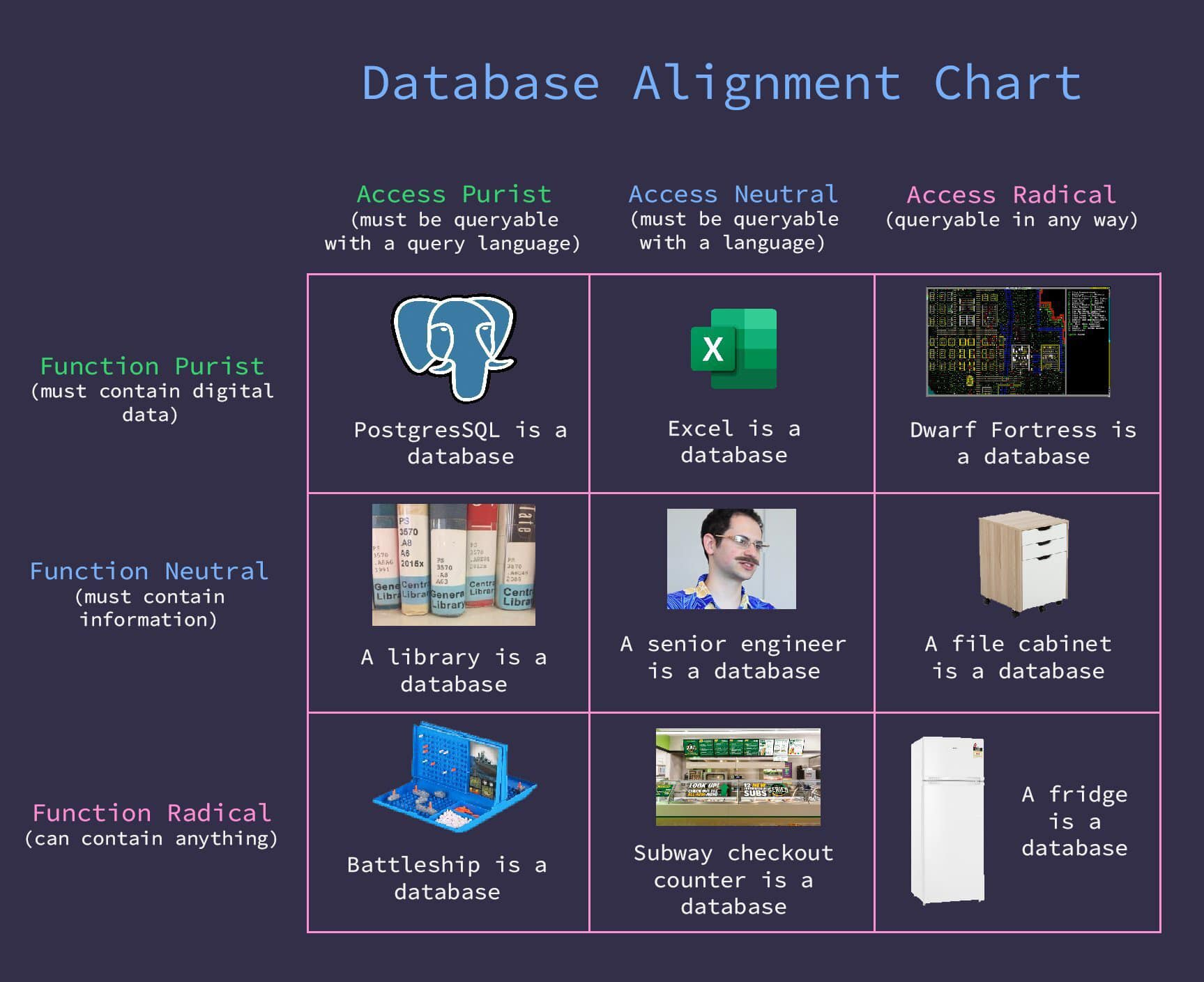

I’m sure there will be workarounds.
I think there are plenty of people who would be pirates if it were more convenient, but I suspect the point of diminishing returns for legislation has already been passed. If you’re savvy and dedicated enough to use a VPN in the first place, then this probably won’t stop you. Non-tech-savvy people are already turned off of torrents for half a dozen different reasons.
DNS, though? That will block a lot of people from accessing things like Z-library, which is currently easy enough to access for anyone who knows how to use Google.
China’s measures have been largely successful, unfortunately. It’s still possible to VPN out, but it’s a risk a lot of people are unwilling to take since it could realistically get them in trouble. I’ve lost contact with some friends in China because we have no shared platforms and the increasing blocking measures over the past 10 years finally passed their tolerance threshold.
I guess I could figure out how to use iMessage, which AFAIK is the only end-to-end encrypted messaging service that still works (or at least the only moderately popular one). Makes me wonder how secure it really is if China hasn’t banned it…




Neat, I didn’t know that. I currently use Joplin this way, synced across my devices with Syncthing. Joplin also supports directly syncing to Google Drive or Dropbox (with optional encryption).